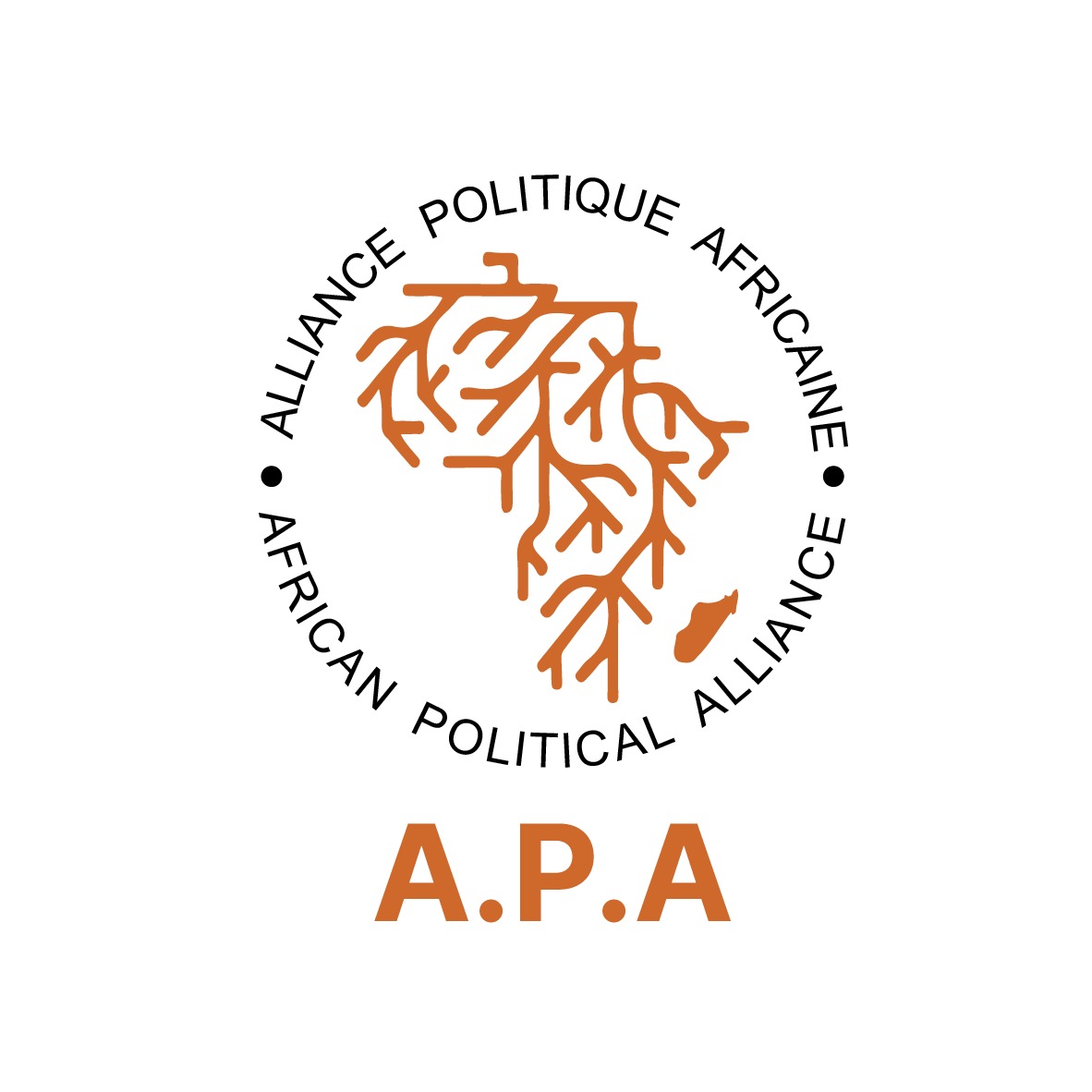What is the APA?
The APA orAfrican Political Alliance is an informal platform for consultation, political dialogue, multidimensional cooperation and collective action. Created on Togo’s initiative, following a high-level ministerial conference held in Lomé on May 3, 2023, it has ten members: Angola, Burkina Faso, Gabon, Guinea Conakry, Libya, Mali, Namibia, Central African Republic, Tanzania and Togo.
The APA comes in response to a geopolitical need for Africa to qualitatively and significantly review its relationship with the rest of the world. It is intended to echo the need for the African continent to improve its representation in global governance, and to work for its socio-economic progress within a framework of fairer international relations. For the African continent, this means reinventing the way it positions itself to play its rightful role in the concert of nations. A role that goes far beyond that of simply being a reservoir of raw materials and labor.

All in all, defending its interests, taking part in the decision-making process on issues that affect its future and making its voice heard, effectively defending its interests, renegotiating its partnerships, inventing its own development model – these are the challenges facing Africa, and they require a judicious commitment on its part. And it’s against this backdrop that APA proposes an innovative approach.